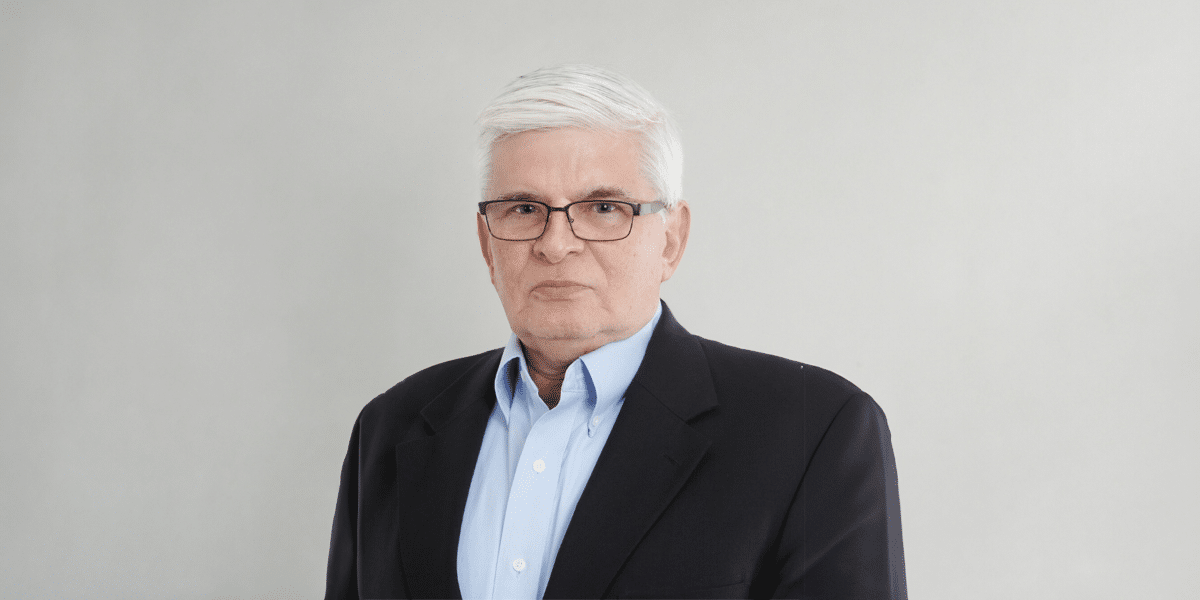According to Koeppel, there have been four significant technological changes in the past century that have had a substantial impact on the world. These changes include transportation, the computer, the Internet, and AI. AI is here to stay, although it will likely undergo significant transformations in the future. Therefore, we must acknowledge and comprehend both the positive and negative aspects of AI.
The emergence of AI has presented us with a tangible dilemma. While some view it as a remarkable leap into the future, others are more skeptical and perceive it as nothing more than an overhyped trend. So, who is correct? While programs like ChatGPT and Duet AI are gaining popularity as powerful tools, incidents of self-driving cars causing major accidents and AI misidentifying potential criminals continue to raise doubts about their effectiveness. Although we may not have all the answers, one thing is certain: AI is not going away. It is progressively permeating every facet of our lives, from customer service to healthcare and transportation. Therefore, we must adapt and learn to coexist with this AI revolution. The following table provides an overview of the growth and impact of AI.
The Time it took to reach 1 Million Followers:

Michael Koeppel, a well-established business consultant and AI implementor, provides valuable insights on addressing and resolving the challenges posed by AI. Over the next five years, AI will probably start to diminish job opportunities for individuals with a college education. The advancement of AI technology will significantly influence the job market for college-educated professionals. It will be crucial for individuals to keep themselves informed about the latest AI developments and contemplate how their skills and knowledge can be utilized in a world where machines are increasingly capable of performing various tasks. Having a good grasp of AI and the ability to optimize its use will soon become as essential as proficiency in using a spreadsheet.
1. Verifying Data Hits
Chat GPT is impressive, however, it should not be taken as absolute truth. One of the main concerns highlighted by Koeppel is the current lack of discernment in AI when it comes to sourcing information. AI often struggles to filter or accurately segregate information when summarizing vast data pools. Koeppel explains, “AI is unable to determine what data is accurate and what is not. It simply reports what it discovers.” This challenge is comparable to navigating a data universe without a map, resulting in summaries that may lack context or precision. Koeppel acknowledges that tools like Microsoft’s Co-pilot are making efforts to improve information sourcing, indicating progress towards more responsible AI, but there is still a long way to go. “Validating data sources is essential; we are educating AI on the significance of proper sourcing, similar to teaching a child to cite their references in an essay,” Koeppel elaborates.
2. Recognizing AI’s Limitations
Furthermore, apart from its inadequate filtering capabilities, AI still has significant limitations when it comes to data input. Koeppel highlights the importance of recognizing these limitations, particularly in the processing and interpretation of data. He points out that AI faces difficulties in tasks such as analyzing Excel spreadsheets if the data is not formatted in a recognizable manner. This limitation highlights a more extensive problem: AI’s current inability to comprehend and deduce information in the same way as humans. According to Koeppel, “AI’s capacity to understand and interpret data beyond specific parameters is limited, indicating a gap in its import capability.” It is crucial to acknowledge this reality in order to effectively integrate AI into workflows without overestimating its capabilities.
3. AI as a Tool, Not a Differentiator
In Koeppel’s perspective, AI’s primary weakness lies in its incapacity to distinguish between end users. For instance, irrespective of one’s background, a similar input will elicit a similar output. Whether you are a university professor or a 5th-grade student, AI will provide you with the same result. The widespread availability of platforms such as ChatGPT implies that the responses can be uniform across various users. Koeppel suggests, “AI offers a level playing field for everyone. The key is in how you prompt AI, recognizing its strengths in subsequent queries, and mastering its interface efficiently.” While some may perceive this as a significant limitation, Koeppel emphasized the potential opportunities it presents. “Input quality determines output quality. Those who can effectively prompt AI to unleash its full potential gain a competitive advantage.”
4. AI Is Still the Future
While Koeppel emphasized the importance of AI in various sectors such as customer service and job automation, he also highlighted the significance of human involvement in the process. He pointed out that AI’s strength lies in its efficiency in problem-solving and task performance, particularly evident in the medical billing field. Despite his emphasis on the need for human oversight, Koeppel remains optimistic about AI’s potential for the future. He views AI as a valuable tool for business optimization, rather than a standalone solution. Koeppel also expressed skepticism about relying solely on government intervention to regulate AI technology, citing their struggles in addressing fundamental issues related to the Internet.
About the Contributor
Michael R. Koeppel, the Managing Director and Founder of Lakelet Advisory Group LLC, boasts an impressive 30-year career specializing in technology, manufacturing, and service organizations. A Certified Turnaround Professional (CTP) with credentials spanning from CPA to Certified in Financial Forensics (CFF), Koeppel’s expertise has led to significant roles including Director at Large for the New York State Society of Certified Public Accountants and expert witness in bankruptcy valuations. His work extends internationally, with notable contributions in European and Brazilian operations, underscored by a deep commitment to mentoring and education.
Published by: Martin De Juan


















